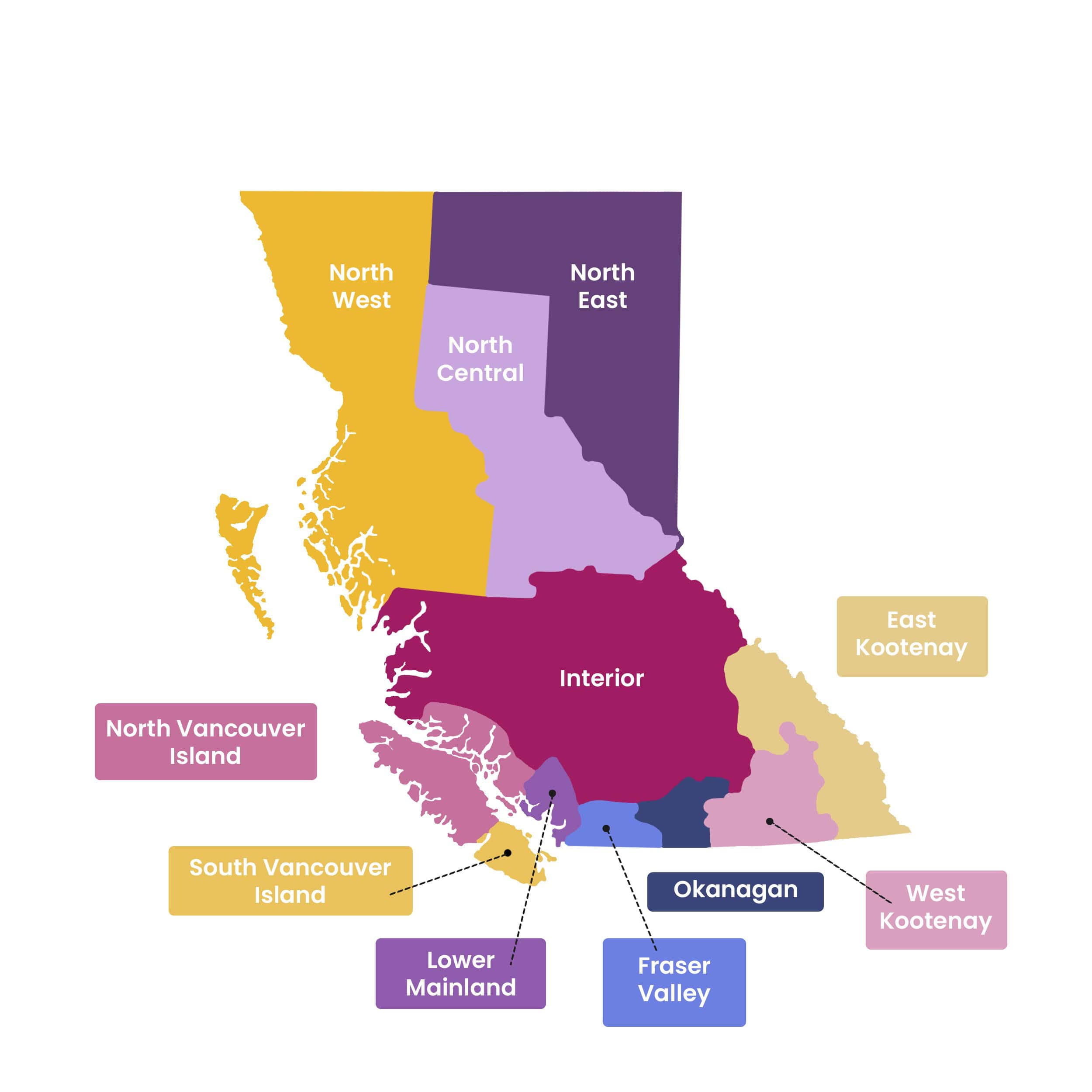
Gender-based violence in BC’s involuntary mental health system
BC has the highest rate of hospitalization due to mental illness and substance use in Canada. The Mental Health Act is one of the main laws in BC that authorizes coercive health care -– when your right to make your own health care decisions is taken away. For example, being persuaded to agree to treatment under the threat or suggestion that there will be a negative consequence if you don’t.
Anyone can be detained and involuntarily treated for a “mental disorder” under the Mental Health Act. People diagnosed with mental illness, brain injuries, dementia, substance use related health issues, and many other health conditions are detained under the Act.
It’s often assumed that people are detained for involuntary treatment under the Act for their safety and protection. However, health care staff have the authority to control a patient’s movements and what happens to them when treating patients in the involuntary mental health system. Coercive health care actions such as putting patients in seclusion or mechanical restraints can put patients at risk of experiencing violence.
Involuntary treatment does not impact all people and communities in the same way. The mental health system has a long history of treating behaviour that does not conform to current social norms and expectations related to gender, sex, and sexuality as a medical or psychiatric problem (i.e., using diagnoses like hysteria and gender identity disorder). Girls, women, trans people, Two-Spirit people and other gender-diverse people detained under the Act may experience disproportionate challenges and harms.
Health Justice shines a light on the gender-based impacts of the Mental Health Act
In September, Health Justice released Façade of Safety: Gender-based violence in BC’s involuntary mental health system, a report that documents the gender-based impacts of the Act faced by people with lived and living experiences of involuntary treatment in BC. The report highlights how BC’s involuntary treatment system and the Mental Health Act does not prevent or adequately respond to gender-based violence.
Examples of gender-based violence and the discriminatory experiences people have encountered in the involuntary mental health system include:
- Harm caused by gender stereotypes, sexuality and power in the context of abuse.
- Police apprehensions and widespread use of seclusion, restraints, injections and clothing removal.
- Failure to respect gender identity and withholding of gender-affirming treatments, clothing and gear.
- Apprehension of and separation from children, including newborn infants.
- The lack of a systematic and coordinated response by health care staff to gender-based violence, e.g., patient to patient assault.
Despite these experiences of violence and discrimination, many people with lived experience of detention and involuntary treatment shared how they personally or collectively found small and large ways to resist the violence, harm, and loss of autonomy they experienced.
“I owe any life-saving encounters with mental health care to the people who are going through it themselves. They have had the biggest impact on supporting and healing me. And there’s nothing like that sense of community. I think I’ve survived certain admissions because of the people I’ve encountered who are also in care. Of course there are some clinicians who make a difference as individuals, but the system itself is designed in really harmful ways that reinforce Western colonial, sanist, ableist, heterosexual, cis, white, patriarchal values.” Lived Experience Expert, 2024, in Façade of Safety: Gender-based violence in BC’s involuntary mental health system.
Transforming the Mental Health Act
Health Justice is now focused on how BC can improve oversight and accountability in the mental health system. The Mental Health Act can be modernized and transformed into a law that promotes human rights principles and evidence-based health practices by involving those with lived/living experience and addressing gender-based violence and gender equality issues.
Honour the stories shared by those with lived experience and help others understand the impacts of involuntary treatment by getting the word out about the report. You can also reach out to Health Justice about opportunities to collaborate and take action.
You can find more information on Health Justice’s website.

